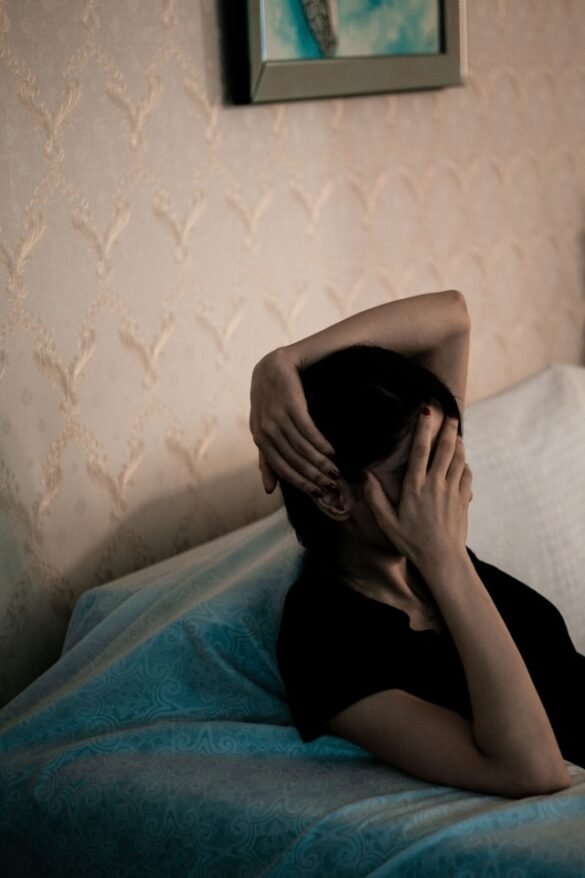Anxiety disorders are among the most common mental health issues globally, affecting millions of individuals each year. Women, in particular, are nearly twice as likely as men to experience anxiety disorders over their lifetime. Understanding the symptoms of anxiety, its causes, and available treatment options is essential for early intervention and improved quality of life.
Why Women Are More Vulnerable to Anxiety
Hormonal fluctuations, life stressors, and social pressures contribute to a higher prevalence of anxiety in women. Events like menstruation, pregnancy, postpartum changes, and menopause can trigger or worsen anxiety symptoms. Additionally, women often juggle multiple roles—career, caregiver, and homemaker—which can increase chronic stress levels and contribute to mental health disorders.
Common Types of Anxiety Disorders in Women
Some of the most frequently diagnosed anxiety disorders in women include:
- Generalized Anxiety Disorder (GAD): Persistent and excessive worry about everyday issues.
- Panic Disorder: Recurring panic attacks with physical symptoms like chest pain, rapid heartbeat, and shortness of breath.
- Social Anxiety Disorder: Intense fear of social interactions or public scrutiny.
- Post-Traumatic Stress Disorder (PTSD): Often occurs after traumatic experiences, such as abuse or childbirth complications.
- Obsessive-Compulsive Disorder (OCD): Involves unwanted repetitive thoughts and behaviors.
Symptoms to Watch For
Women may experience anxiety in both emotional and physical ways. Common symptoms include:
- Constant worry or nervousness
- Trouble sleeping
- Irritability
- Muscle tension
- Fatigue
- Digestive issues
These symptoms can interfere with daily functioning and should not be ignored.
Diagnosis and Treatment
Early diagnosis of anxiety disorders can greatly improve treatment outcomes. Mental health professionals often use questionnaires, interviews, and medical history to evaluate the severity and type of anxiety. Common treatment options include:
- Cognitive Behavioral Therapy (CBT): A proven, evidence-based method that helps change negative thinking patterns.
- Medication: Antidepressants or anti-anxiety medications can be prescribed based on the severity of symptoms.
- Lifestyle Modifications: Regular exercise, mindfulness practices, adequate sleep, and a healthy diet can significantly reduce anxiety levels.
- Support Groups: Connecting with others who share similar experiences can provide emotional relief and encouragement.
When to Seek Help
If anxiety is affecting your work, relationships, or ability to enjoy life, it’s time to seek professional help. In the UAE, numerous mental health clinics and hospitals offer confidential and specialized women’s mental health services.
Empowering Women Through Awareness
Breaking the stigma around mental health in women is essential. Raising awareness and encouraging open conversations can help more women seek timely help. Women should feel empowered to prioritize their mental health as much as their physical well-being.
